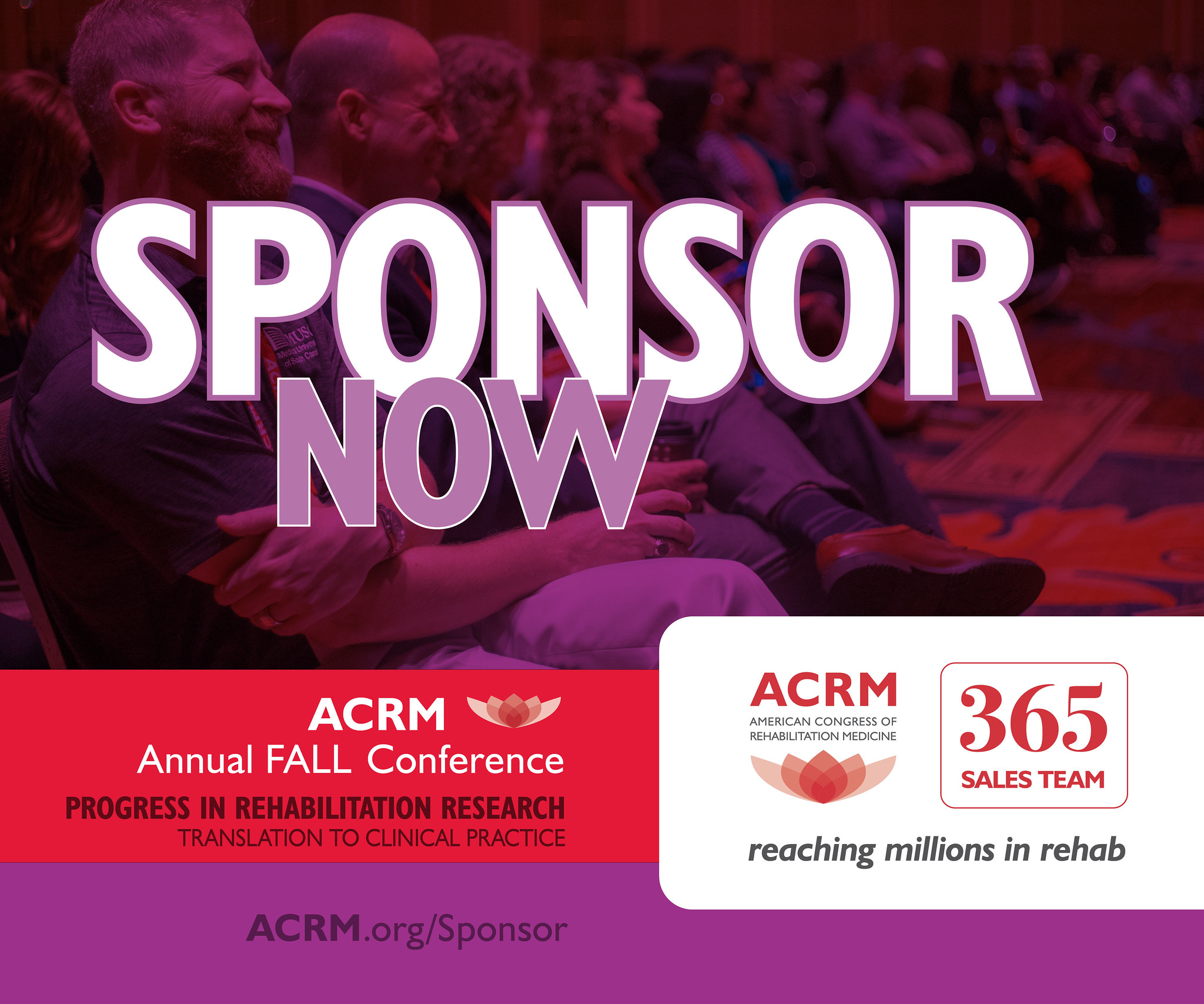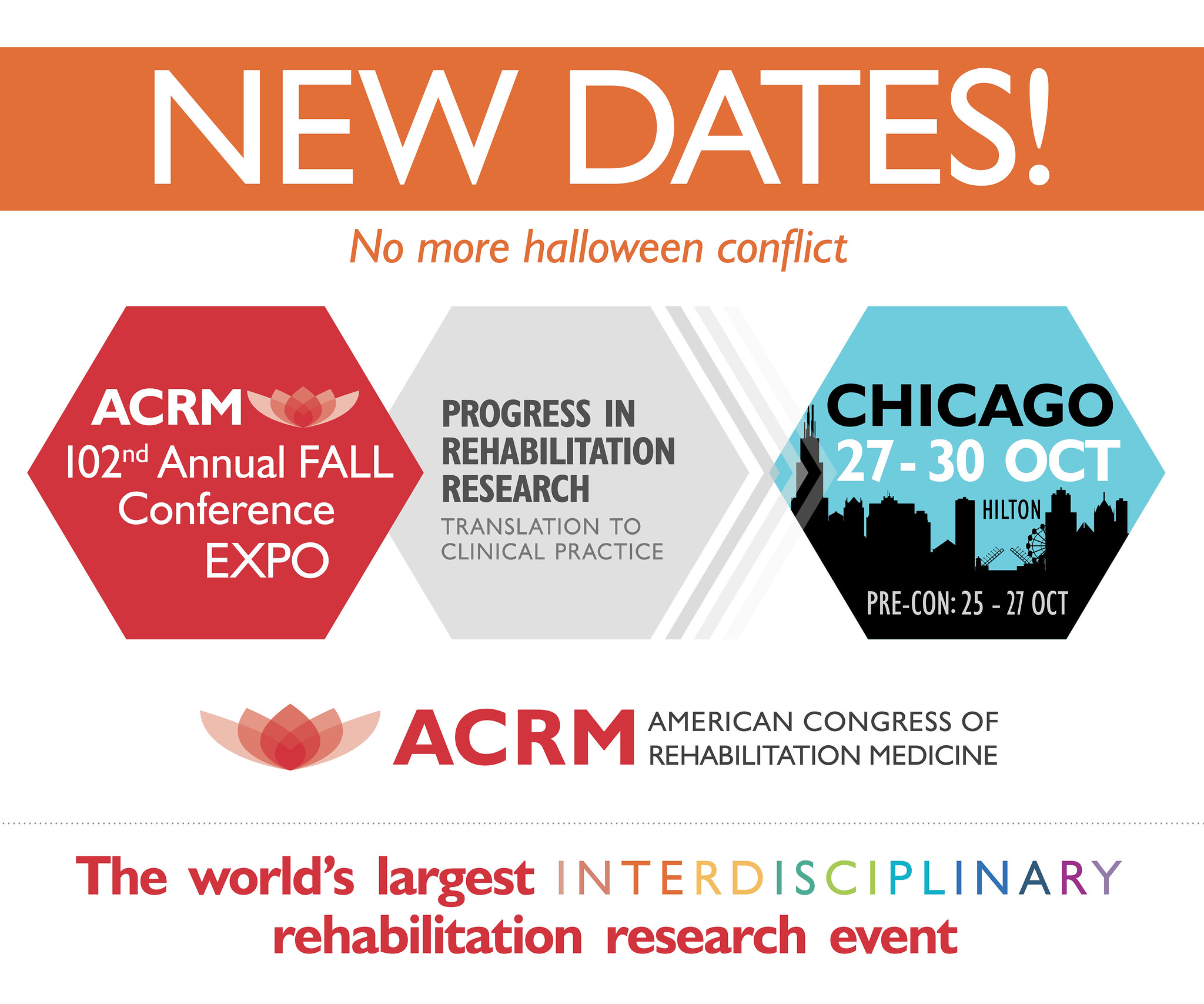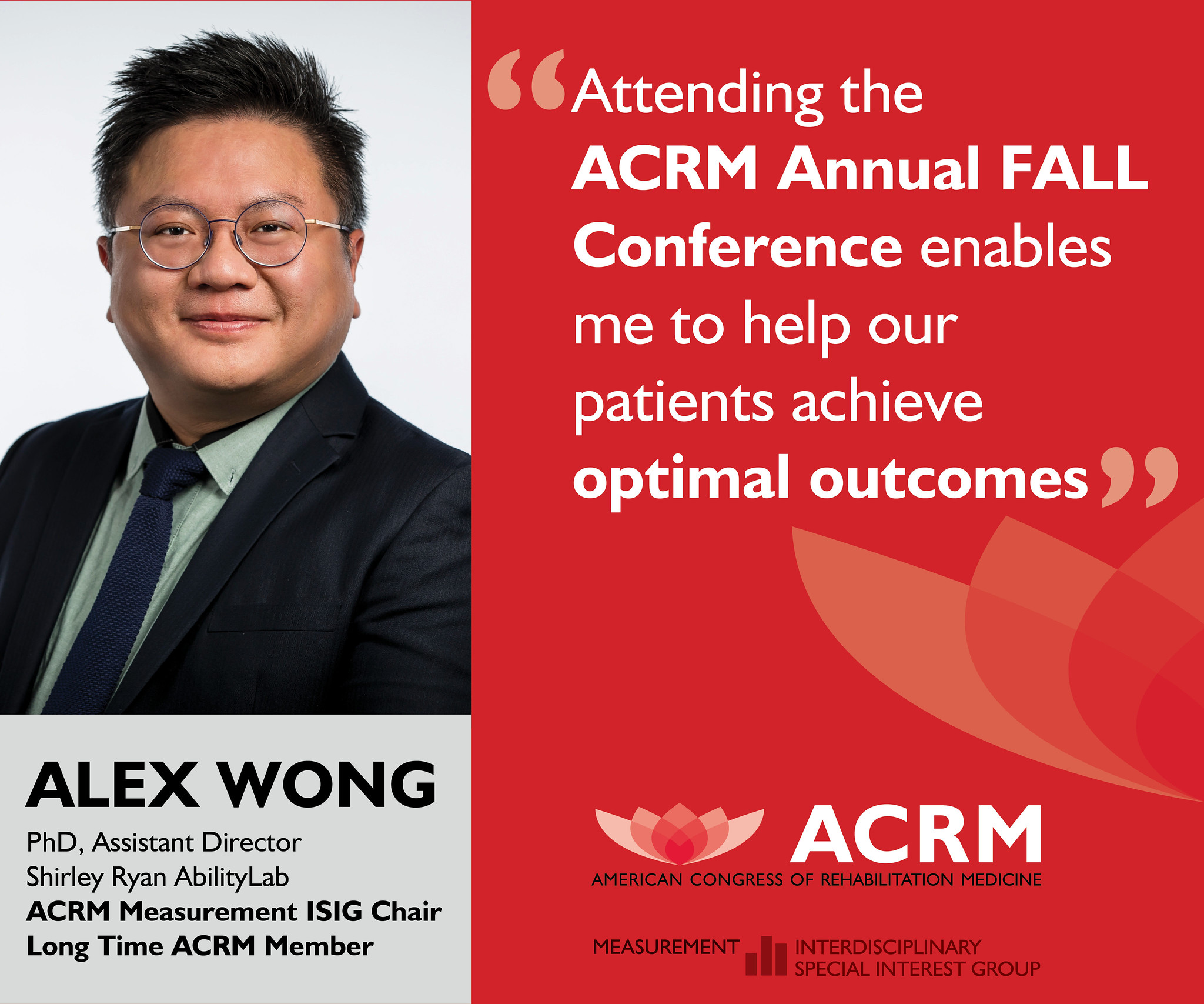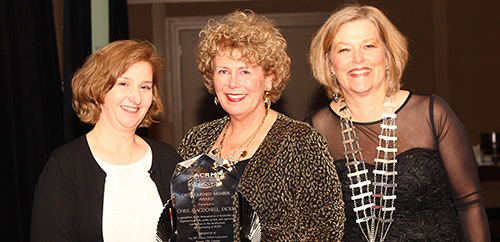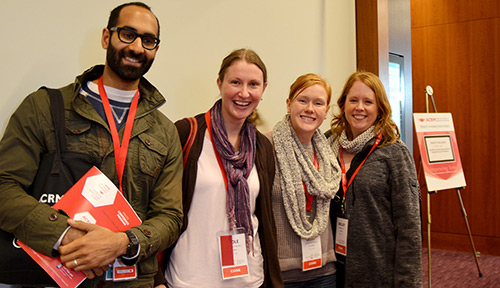Movement Interventions Task Force
Our Mission, Vision & Goals
MISSION
- To generate interprofessional collaborations with clinicians, researchers, students, patients, and care partners to advance stroke movement rehabilitation.
VISION
- To lead stroke movement rehabilitation research and knowledge translation.
GOALS
- To nurture interdisciplinary projects to advance stroke movement intervention research.
- To promote the dissemination of cutting-edge practice.
- To collaborate with patients and care partners.
About Us
The Stroke Movement Interventions Task Force is a dynamic group of neurorehabilitation researchers and clinicians representing a variety of disciplines. Members come from across the United States and Canada, but international members who are researchers, clinicians, students, patients or care partners are all welcome to contribute to our task force.
The theme of our task force is “Movement After Stroke.”
Movement-related deficits are the most common impairments after a stroke, and often the most disabling, yet few therapies effectively target them. The most impactful therapeutic elements are still poorly understood, as are movement changes after stroke in terms of speed, precision, strength and pacing.
We are a product-oriented group. We have a team-approach to preparing conference presentations, publishing papers, and writing educational materials for patients, care partners, and professionals.
Our Annual Objectives
- Meet monthly
- Organize 4 Journal Club presentations
- Collaborate on a project led by people with lived experience of stroke
- Submit 1 ACRM conference proposal
- Submit 1 Information/Education Page to the ACRM Archives Journal
- Complete member survey to assess current interests and abilities
Our Meetings
Thank you for your interest in the Stroke-ISIG Movement Interventions Task Force. The special strength of ACRM is in the interdisciplinary mix of rehabilitation professionals from around the world. We invite you to share your vision, passion, and drive to further our task force mission. We hope to meet with you at our upcoming task force meeting and discuss current projects and opportunities for your contribution and collaboration.
Stroke-ISIG Movement Interventions Task Force Meeting
DATE: Second Wednesday of each Month
Time: 4:00pm ET/3:00pm CT/2:00pm MT/1:00pm PT
Meeting ID: 839 0045 8299
Passcode: 823011
What to Expect:
- Meet the Task Force: Get to know the dedicated members driving our task force initiatives.
- Explore Collaborative Opportunities: Discover ways to get involved with the task force and learn about exciting collaborative opportunities.
- Review Achievements: Learn about our past task force achievements and what we hope to accomplish in the coming year.
- Connect with Us at ACRM’s Annual Conference: Learn where to find us at ACRM’s Annual Conference in November.
This Open House is open to any ACRM members looking to meet clinicians, researchers, and consumers interested in improving motor rehabilitation! We hope to see you there!

Elena V. Donoso Brown, PhD, OTR/L
CO-CHAIR
Associate Professor
Duquesne University
Pittsburgh, PA

Yi-An Chen, PhD, MS, OTR/L
CO-CHAIR
Assistant Professor
Georgia State University
Our Accomplishments
2023
- Conducted 10 monthly meetings
- Hosted four journal clubs with two guest speakers
- Three symposia presented at ACRM conference 2023
- Collaborated with other ACRM members to publish three Information/Education Pages (IEP)
Hosted Multi-task force Virtual Happy Hour “Introduction to AAC and Aphasia for the Rehabilitation Professional”. https://acrm.org/acrm-communities/stroke/stroke-virtual-happy-hour/stroke-virtual-happy-hour-brown-and-wallace/
Members in the Spotlight
Name: Mary Ellen Stoykov, PhD, OTR/L
Profession: Occupational therapist, Research Scientist and Research Associate Professor
Workplace: Shirley Ryan Abilitylab, Chicago Illinois; Northwestern University, Feinberg School of Medicine, Department of Physical Medicine and Rehabilitation.
Recent accomplishments and potential impact: Dr. Stoykov with Dr. Sunghoon (Ivan) Lee, Associate Professor from the University of Massachusetts Amherst was recently awarded $1.14 million over four years by the National Institutes of Health (NIH) for the project Smart Connected Health: Developing A Sensing Platform Monitoring Interactions with Daily Objects to Assess Real-World Motor Performance in Stroke Survivors (1R01HD114147-01). This award is to an interdisciplinary team that will develop a revolutionary way of tracking body movements with a primary application in stroke survivors’ rehabilitation and huge potential for future applications across a wide range of disciplines, health-related and beyond. Dr. Stoykov is Co-PI and the clinical lead for this project and is very excited to collaborate again with Dr. Ivan Lee and this very talented team of engineers.
Fun Facts: Mary Ellen Stoykov is on the Associate Board of Perennial Theater Company Chicago. Prior to her occupational therapy training, she was a struggling actress. She is proud of her very first OT research publication: Phillips ME (1996) The use of drama and puppetry in occupational therapy during the 1920s and 1930s, American Journal of Occupational Therapy, 50(3):229-33. doi: 10.5014/ajot.50.3.229.PMID: 8822247
Journal Club Discussions
To foster professional discussion and engage in cutting-edge rehabilitation research, our task force holds journal clubs regularly. See below for the list of dates for our future journal clubs.
Next Journal Club: February 14, 2024 4pm EST
Article: TBD
Presenter: David Brown, PT, PhD, FAPTA, FASAHP
Resources: TBD
Save the Date for Future Journal Clubs:
April 10, 2024, 4 pm EST
June 12, 2024, 4 pm EST
What’s New?
Bring a friend to Task Force meeting March 13th at 4pm EST!
See what the task force is all about, meet new ACRM members and have fun. ☺ Students, post-docs, junior faculty, rehabilitation therapists, consumers, ALL are welcome!
Resources
Webinars
As a task force, we put together independently and with other task forces in the Stroke I-SIG webinars that can be accessed by those inside and outside of ARCM. See below for links to some of our more recent contributions to ACRM Virtual Happy Hours.
Introduction to AAC and Aphasia for the Rehabilitation Professional
With guest speakers, Sarah E. Wallace, PhD, CCC-SLP, ASHA Fellow and Elena Donoso Brown, PhD, OTR/L (https://acrm.org/acrm-communities/stroke/stroke-virtual-happy-hour/stroke-virtual-happy-hour-brown-and-wallace/)
Addressing the Needs of Individuals with Stroke during the Transition from Hospital to Home through Problem-Solving Training
With guest speaker, Candice L. Osborne, PhD, MPH, OTR(https://acrm.org/acrm-communities/stroke/stroke-virtual-happy-hour/virtual-happy-hour-osborne/)
Introduction to the Rehabilitation Treatment Specification System: Define Treatments Systematically
With guest speakers, Susan E. Fasoli, ScD, OTR/L, Professor Emerita MGH; Shanti Pinto, MD, Leanna Katz, MS, OTD, OTR/L (https://acrm.org/wp-content/uploads/2021/02/Intro_RTSS_Slides_Webinar_2-23-21_Handout.pdf)
Information and Education Pages (IEP)
Gopaul, U., Ogawa, E. F., Zanwar, P. P., Omar, Z. B., Sood, P., & Gross, M. (2023). What do I Need to Know About Home and Community-Based Physical Activity and Exercise After My Stroke?. Archives of physical medicine and rehabilitation, S0003-9993(23)00649-4. Advance online publication. https://doi.org/10.1016/j.apmr.2023.10.021
https://www.archives-pmr.org/article/S0003-9993(23)00649-4/fulltext
Kringle, E., Tramell M., Donoso Brown, E. (2023). Telerehabilitation Strategies and Resources for Rehabilitation Professionals Archives of physical medicine and rehabilitation, 104(12), 2191-2197
https://doi.org/10.1016/j.apmr.2023.02.027
Gross, M., Lansang, N. M., Gopaul, U., Ogawa, E. F., Heyn, P. C., Santos, F. H., Sood, P., Zanwar, P. P., Schwertfeger, J., & Faieta, J. (2023). What Do I Need to Know About Long-Covid-related Fatigue, Brain Fog, and Mental Health Changes?. Archives of physical medicine and rehabilitation, 104(6), 996–1002. https://doi.org/10.1016/j.apmr.2022.11.021
https://www.ncbi.nlm.nih.gov/pmc/articles/PMC10028338/ OR https://www.archives-pmr.org/article/S0003-9993(23)00154-5/fulltext
Conference 2024
Coming Soon!!!
Join ACRM
JOIN US!
The opportunity to participate in more than 20 specialized interdisciplinary special interest groups (ISIG) and networking groups and to engage in their task forces, is one of the most valuable benefits of ACRM membership.
Membership is available at various levels and includes a subscription to the most-cited journal in rehabilitation, Archives of Physical Medicine and Rehabilitation, as well as discounted member pricing on all ACRM products and events.
Click the JOIN NOW button to learn more or contact Member Services at +1.703.435.5335 for personal assistance. Contact a co-chair to learn more about this networking group and ways to participate.
Already an ACRM Member? Click here to log in and join the Stroke I-SIG Movement Interventions Task Force.






